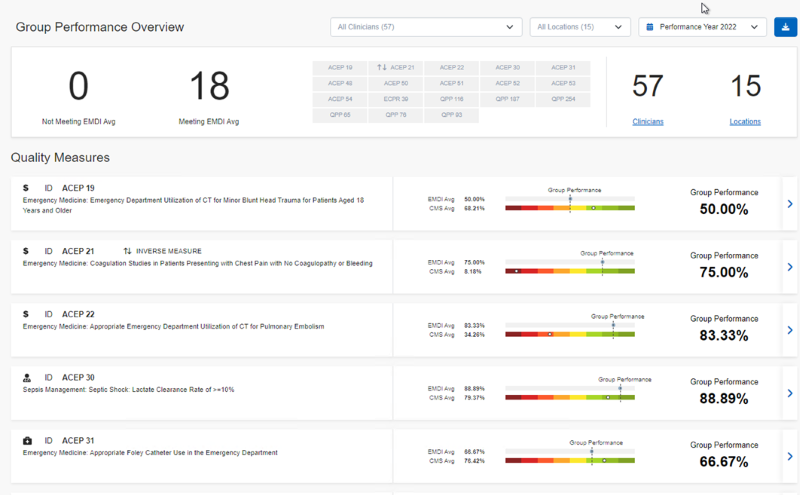
ACEP Joins Yale in NIH Initiative to Combat Opioid Crisis
To advance national opioid overdose prevention efforts, ACEP is collaborating with the Yale School of Medicine on a five-year grant funded by the National Institute on Drug Abuse aimed at accelerating the development of emergency care data systems to support ED efforts that prevent and treat opioid use disorder (OUD).
The project joins more than 1,000 projects nationwide, which are part of The Helping to End Addiction Long-term® Initiative, or NIH HEAL Initiative®, in an NIH-wide effort to speed scientific solutions to stem the national opioid public health crisis. Through the NIH HEAL Initiative, researchers are taking a variety of approaches to address growing rates of drug overdose and addiction, including conducting studies to improve prevention and treatment for opioid misuse and addiction and to better understand, manage and treat pain.
As emergency departments are often the first and sometimes only access point of care in the healthcare system for patients with OUD, the Yale and ACEP team will focus on utilizing the data system and tools of the Emergency Medicine Data Institute (EMDI) to develop and promote measurement-based care for OUD in the emergency setting. Given the breadth of data available in the Clinical Emergency Department Registry (CEDR) and wide variety of participating ED’s, the NIDA was eager to support this work and support emergency physician efforts to apply data-driven interventions to reduce opioid prescribing, increases naloxone distribution and prescribing, and most importantly, to increase ED treatment of OUD with medications such as buprenorphine.
The grant is led by multiple investigators, including Arjun Venkatesh, MD, MBA, MHS, Kathryn Hawk, MD, MHS, and Andrew Taylor, MD, MBA, MHS from the Yale School of Medicine in New Haven, CT and Scott Weiner, MD, MPH from Brigham and Women’s Hospital in Boston, MA. In addition to their roles as practicing emergency medicine physicians, investigators are experts in the fields of addiction medicine, data science and quality improvement research. They are also integral members of the ACEP EQUAL Substance Use Disorder Initiative and the E-QUAL Building Opioid Use Disorder and Overdose Support and Training (BOOST) team, providing support for EQUAL members in improving care of patients with OUD by implementing evidence-based practices.
During the five-year grant period, emergency medicine groups participating in CEDR will be eligible to join the project. The research team hopes to utilize CEDR to support automated data extraction on key OUD quality measures from participating sites, map the data to a standardized, scalable data model, translate the data into research-ready datasets, and create site and public-facing ED-OUD overdose prevention dashboards. As a highlight of this innovative data system, the ED-OUD data dashboard will utilize ACEP's Clinical Emergency Department Registry (CEDR) as a data backbone to improve its timeliness, quality, accessibility, and usefulness for public health OUD research and real-time surveillance.
Initially, the ED-OUD dashboard will be developed and piloted at select participating CEDR sites and then rolled out across as many as 60 CEDR EDs to test efficacy in improving OUD care quality. In addition to helping individual participating sites in better implementing public health strategies for preventing OUD and providing more effective clinical interventions, researchers hope the dashboard will help move the needle in combatting the opioid crisis nationally through reduced opioid overdoses and decreased mortality.
For ACEP members or collaborators interested in getting involved, please fill out our NIDA HEAL Project Interest Form and someone will reach out to you.
Author(s)

Arjun Venkatesh
MD MBA MHS
 American College of Emergency Physicians
American College of Emergency Physicians

